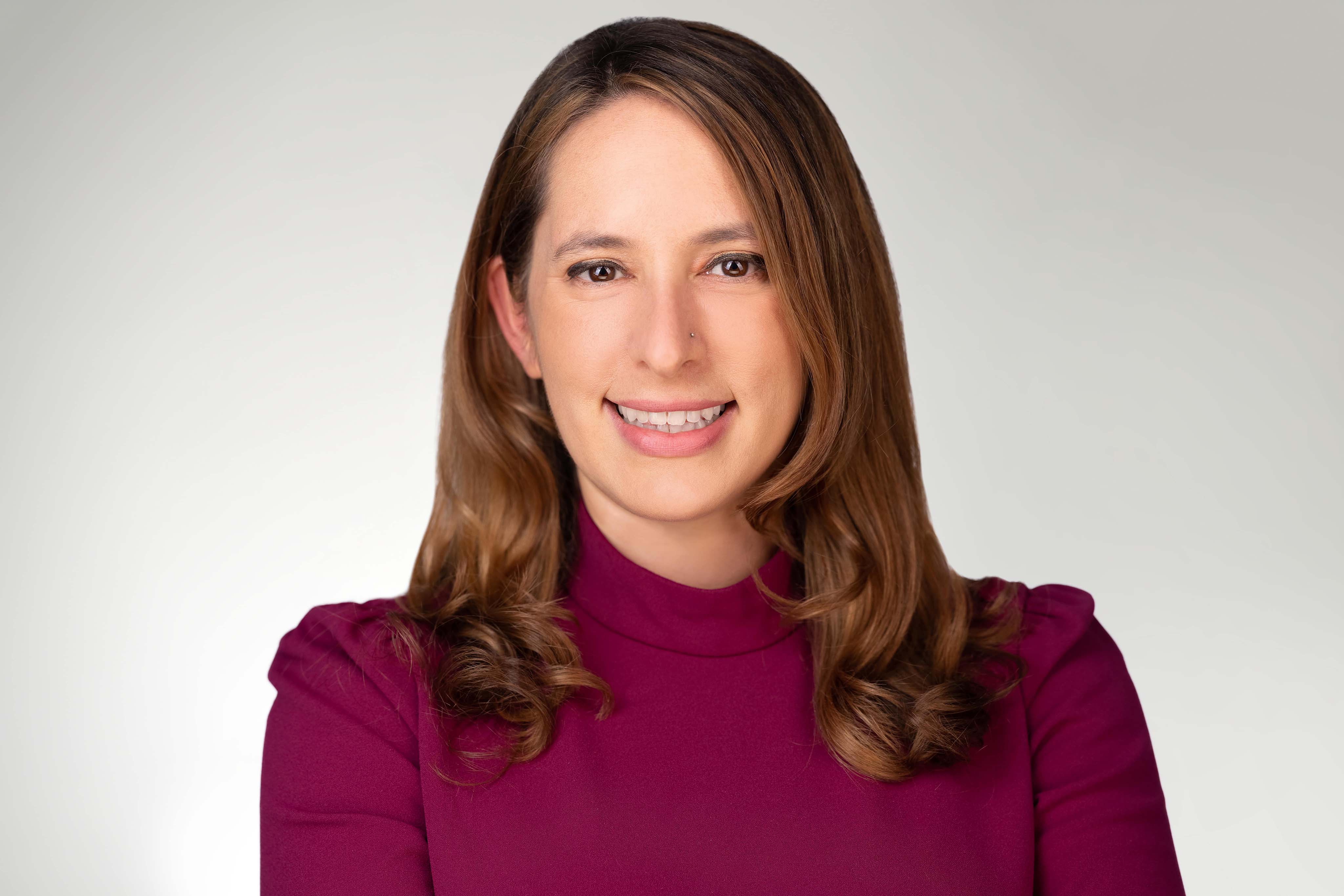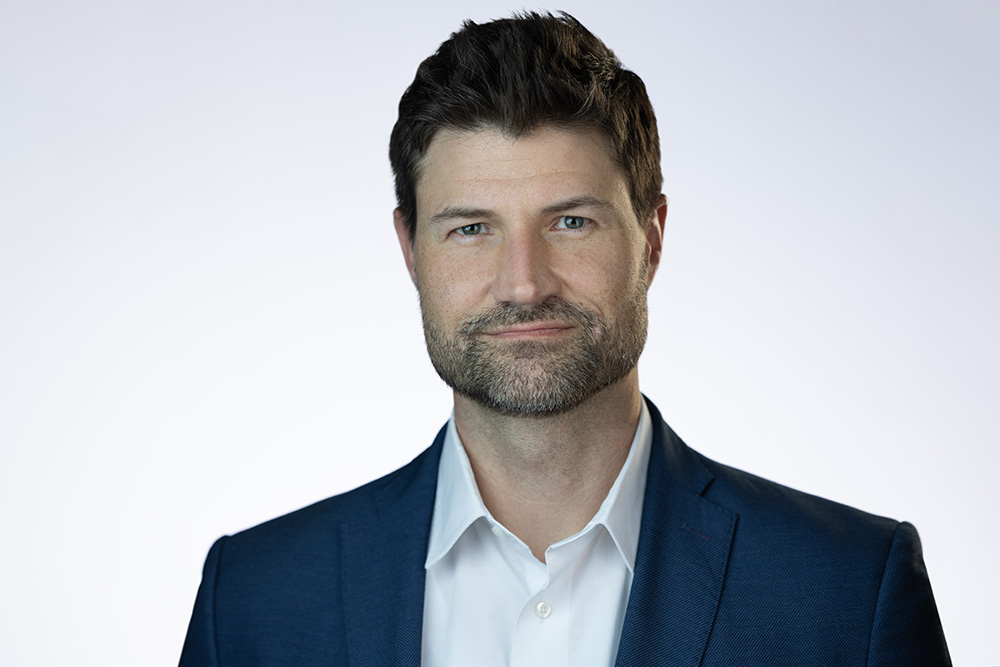Danny Kenny

Meet Danny
Danny Kenny, Ph.D., is a Senior Learning Designer at McChrystal Group Academy, where he leverages the latest insights from organizational, social, and behavioral research to design, develop, and implement leadership solutions for our clients.
What did you do before joining McChrystal Group?
My Ph.D. is in Behavioral Science at the University of Technology Sydney, focusing on using the science of how people think, learn, and behave in collaborative workshops to promote transformative change in stakeholders. Prior to that, I worked as a research assistant for a NYT bestselling author, a project officer in Student Experience at the Australian National University, and a Dunn Fellow in Legislative Affairs for the State of Illinois.
Why did you join McChrystal Group?
McChrystal Group walks the talk on putting people at the center of leadership development and leadership transformations. McChrystal Group has built an incredible culture of driven, clever people working collaboratively to deliver the best for clients. That is incredibly rare and I am excited to continue to learn from such a remarkable team.
What sport or hobby do you have outside of work?
Getting beat up at Brazilian Jiu-Jitsu and trying to stay afloat while swimming are both regular practices of humility. I grew up playing soccer and continue to kick a ball around on occasion.
What are your favorite books (besides Team of Teams!)?
- Daring Greatly by Brene Brown
- Leadership in Turbulent Times by Doris Kearns Goodwin
- Four Thousand Weeks by Oliver Burkeman
- The King of Attolia by Megan Whalen Turner
- How to Take Smart Notes by Sonke Ahrens
- Red Rising by Pierce Brown
- The Alchemist by Paulo Coehlo
- Storyworthy by Matthew Dicks
- ...I like books.
B.A. Illinois Wesleyan University
MEMD The Australian National University
Ph.D. University of Technology Sydney
Written Articles/ Materials
Insights
What is Crisis Leadership? 10 Tips for Leading Effectively in a Crisis
What does it mean to be a crisis leader? How can you learn to respond when the stakes are high and every decision you make carries significant consequences? These are questions that confront leaders and emergency managers every day, at every level. We’ve worked with hundreds of professionals in emergency management, and below is a collection of their best 10 tips on how to be an effective leader before, during, and after a crisis.
A Leader's Guide to Building a High-Performance Culture
How can leaders ensure they develop a lasting culture of high performance among their teams? Look to leadership development to embed cultural norms that promote the environment you want your organization to embody.
Mastering Common Purpose: 7 Essential Principles for Leaders to Inspire and Align Their Teams
Common purpose is one of the four foundational pillars of the Team of Teams framework. When instilled with a team, it serves as the glue that holds an organization and the North Star that aligns and motivates people to be their best.




